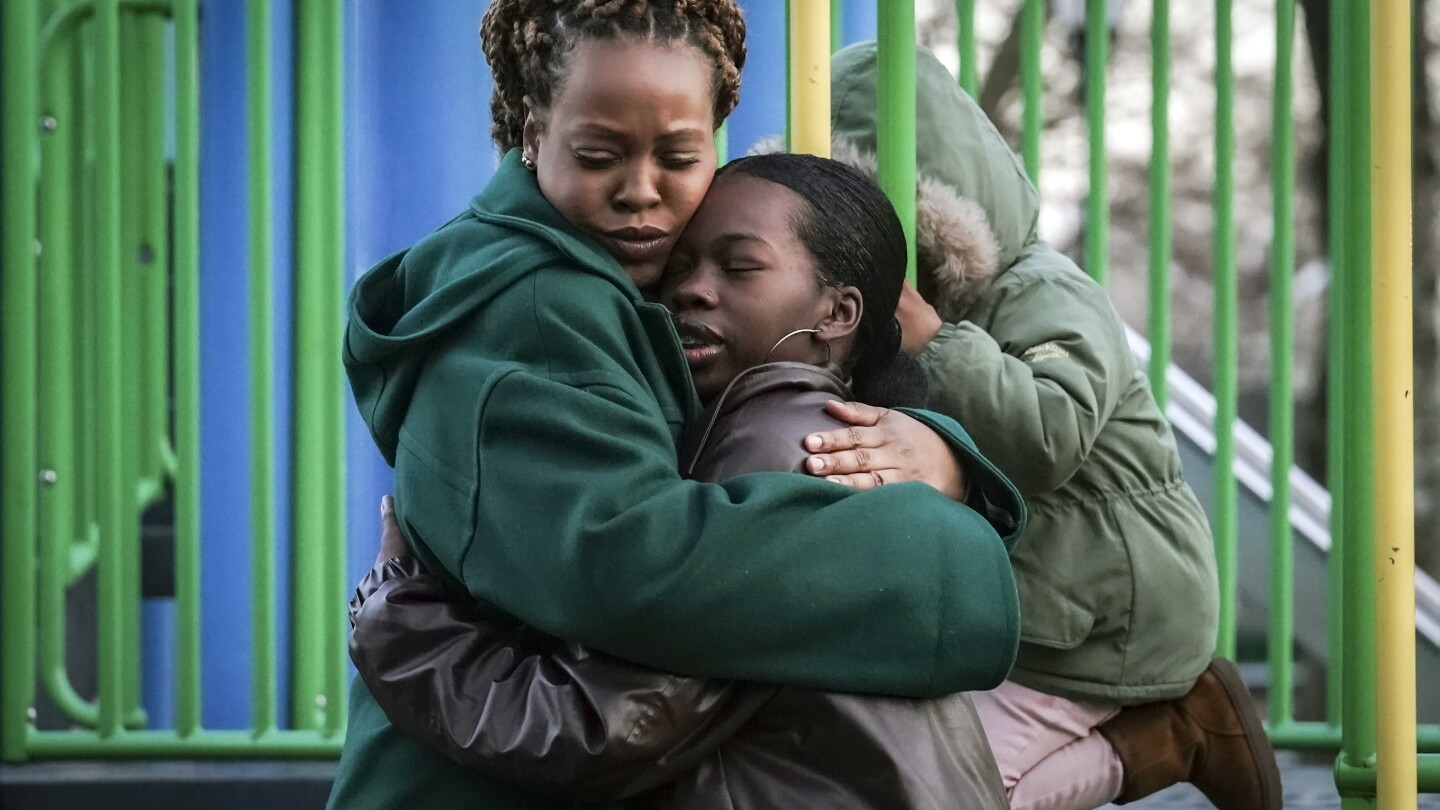Derry Oliver was in fifth grade when she first talked to her mom about seeing a therapist.
She was living in Georgia with her brother while her mom was in New York scoping out jobs and apartments ahead of moving the family. It was a rough year apart. Oliver, now 17, was feeling depressed. A school staffer raised the idea of a therapist.
Oliver’s mom, also named Derry Oliver, questioned the school’s assessment and didn’t give consent for therapy. “You’re so young,” the mom recalled thinking. “There’s nothing wrong with you. These are growing pains.”
The issue boiled over again during the COVID-19 pandemic when the younger Oliver, struggling with the isolation of remote learning, reached out to her Brooklyn high school for help. School-based mental health professionals like social workers can provide some counseling without parent permission. But in New York, referring a student to more intensive therapy almost always requires a parent’s agreement. In Oliver’s case, that led to more conflict.
…
As schools across the country respond to a youth mental health crisis accelerated by the pandemic, many are confronting the thorny legal, ethical, and practical challenges of getting parents on board with treatment. The issue has become politicized, with some states looking to streamline access as conservative politicians elsewhere propose further restrictions, accusing schools of trying to indoctrinate students and cut out parents.
Differing perspectives on mental health aren’t new for parents and kids, but more conflicts are emerging as young people get more comfortable talking openly about mental health and treatment becomes more readily available. Schools have invested pandemic relief money in hiring more mental health specialists as well as telehealth and online counseling to reach as many students as possible.



Thank you for being an awesome parent! I buried a lot of trauma from elementary, and having their “guidance” counselor forced on me made it worse. This person actually told me I was a compulsive liar and went on and on and on. A lot of bad shit happened to me and I have had issues with pretty much every female therapist of any sorts.
There was also a sort of traveling counselor who would visit the elementary schools sometimes, but was based out of one of the middle schools. He was awesome and had real credentials. I was so happy he was at the middle school I went to and that I could talk to him sometimes. He was very short, gentle, and did everything he could to put himself on the same level as the kids he was trying to help. If you just needed a safe space to quietly play with dumb toys you were “too old” to play with, his office was open.
Anyways, give your kiddo a hug for me, if they are cool with that. Don’t ever let her forget her self worth. Keep reminding her that she has a voice and that you can really say no to things.
The best complement I ever received was that I was a force of nature.
Thanks. And yeah, our counselors were awful when I was a kid too, but at least they didn’t try to make me get along with the people bullying me!
As far as reminding her she has a voice, I’ve been doing that for a long time, but it took getting her out of that hell to give her the courage to tell some kids from that school who were harassing her while she was out roller skating to fuck off. Which I’m very proud of her for.